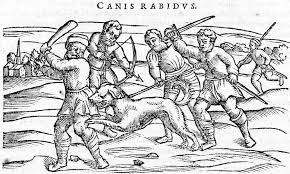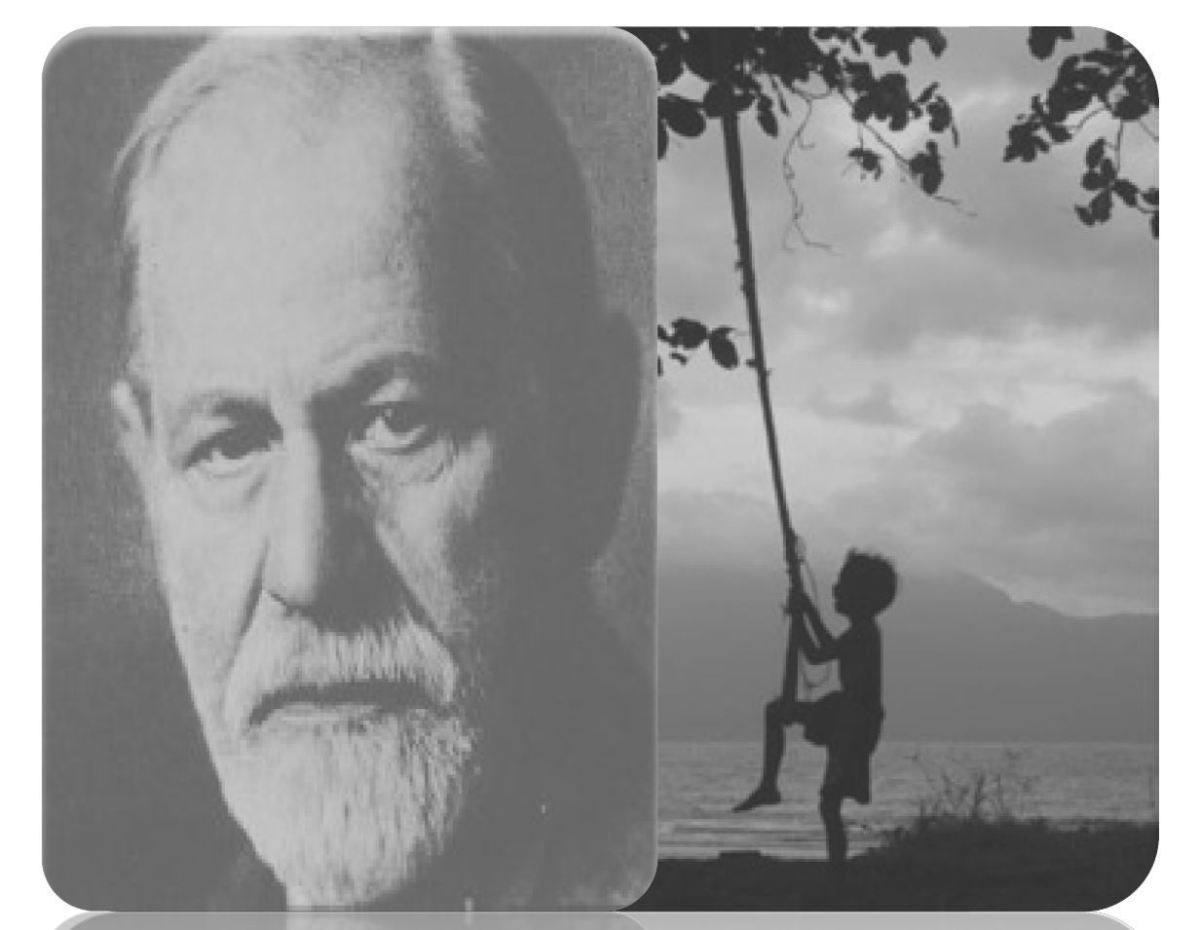Some Theories of How We Became Human, and Why None of Them Need be Correct

What separates humans from other forms of life?
There are many popular views, like:
1. We Make Tools
2. We’re Killers
3. We Share Food
4. We Trade Food for Sex
5. We Cook Food
6. We Walk on Two Feet
7. We Adapt
8. We Unite and Conquer

So what’s wrong with all these theories?
Many of these ideas have merit, but all are at a loss, when it comes to the question, what caused its adaptation by humans. Why did humans resort to such deviations from the norm, that too choosing activities that are not only not essential, but also dangerous for life and longevity?

What Makes Us Human?
I am of the opinion that there has to be a driving force behind everything. Just as there is something to promote whatever happens in life, whether among plants or animals, in case of humans too, there has to be an agent. For example, hunger promotes eating, or, fear promotes shelter, and there is nothing in nature, which is not widely advertised and vigorously promoted. We therefore need to look for a driving force, one that is responsible for making us behave the way we behave.
Let us see. How did we acquire humanness? I mean erect posture and bipedal locomotion; manual dexterity and increased tool use compared to other animals; and a general trend toward larger, more complex brains and societies. What enabled our ancestor species to, create complex social structures composed of many cooperating and competing groups, like families, kinship networks, and political states? And start social interactions among themselves, establish an extremely wide variety of values, social norms, and rituals, which together form the basis of human society?
Why did we Stick to It?
I think there is an easy answer. Walking on two feet is certainly more time taking compared to movement on all fours. Both for the one who is learning, and for the other who is in charge. So is the case with eating. It takes more time to fetch, prepare and have food in the manner we do presently, than the pattern followed by rest of the animal kingdom. Further habits in this regard, like maintaining access to food surplus, domestication of animals, and the use of metal tools, might have triggered the formation of permanent human settlements. Complex brains and a multi-faceted society, would have opened up a plethora of things to keep themselves busy in activities other than those necessary for metabolism.

Derive Pleasure from What we Do
As our ancestors took to this, they would have found great relief for whatever was causing discomfort. The original driving force would have given vent to the creation of more and more varied occupations and interests, leading finally to a human in its present form.

The genesis of this idea goes back to my book, The Unsure Male. As I explain in that book, rather than the influence of an external force, what made us voluntarily choose the path of acquiring distinctive marks, is the advantage we derived from the act of acquiring those marks. Take the case of our interest towards the rational. Whatever we did, we happened to be benefited by it. It eased our difficulties, while adding to our comforts. We continued to feel enamored by the irrational though there was no benefit, say other than the instantaneous pleasure, since it also could serve as a distinctive mark.
Pleasure from the Irrational
As time went by, not only the irrational served us better*, but also we found it less input-intensive. Hence, we are constantly in the search for abstract meanings to whatever we come across. Many of our escapades turn out to be rational later, which also we embrace with big celebrations, great names, and extraordinary ideas. A few of those ideas from our distant past still remain, causing consternation at will, especially when the original environment where such ideas would have been of help, is no more present.
..And My Answer
What caused us to choose this path, and for what gain? Yes. It is the ability of humans to substitute at will, one’s needs, desires, and fulfillment, with real or unreal things. Perhaps this is what we see today as the power of abstraction. We mastered the art of using this talent to suit to one’s convenience, unlike all other species of life. Which I think, is what can be called the distinctive human quality, the one that separates us from the rest of life.
(Now also we are behind the irrational; some of it leads to great inventions, and some others, to alarming situations, quite regularly)

note:
*Both irrational and rational ideas can keep one occupied. In the case of a rational idea, sooner or later one will meet with an answer, effectively bringing that idea to a close. One can continue to pontificate about such an idea, only if one goes more in depth. For which, one requires greater intellectual potential. But, for irrational topics, such a limitation doesn't exist."





